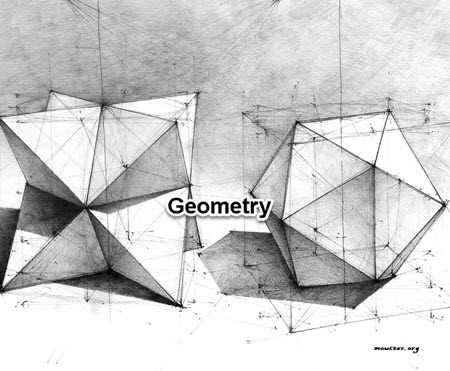

Selected Solutions
The following is a sample of many of the exercises we plan to solve, to show how some of the seemingly difficult problems can be easily solved.
Problem 1: Solve for ![]()
![]()
![]() “
“
![]()
![]()
![]()
![]()
Now isolating ![]() :
:
![]()
![]()
![]()
Finally:
Answer: ![]()
Problem 2: Given
![]()
Find ![]()
![]()
Let’s find ![]()
![]()
![]()
![]()
Let’s simplify:
![]()
We get
![]()
![]()
Let’s simplify:
![]()
We get:
![]()
![]()
![]()
![]()
Finally:
![]()
![]()
Answer: ![]()
Problem 3: Solve for ![]()
![]()
Solution
[item title=”Click here to see the solution of: ![]() “]
“]
![]()
We can see the factors:
![]()
Now we can say:
![]()
Any factor can be a zero:
![]()
![]()
![]()
Roots: ![]()
Problem 4: Solve for ![]()
![]()
Solution
![]() “
“
![]()
Looking At factors and ratio of 2 and 15 we can see that -2 is a root.
When we divide:
![]()
We now solve the quadratic:
![]()
![]()
![]()
![]()
![]()
Using our general method without the factors of 2 and 15:
We have:
p=-1.005925926
q=0.380620027
![]()
Case
![]()
![]()
![]()
We get the same ![]() values.
values.
Roots: ![]()
Problem 5: Solve for ![]()
![]()
Solution
[item title=”Click here to see the solution of: ![]() “]
“]
![]()
By inspecting the factors of ![]() and
and ![]() and their ratios, we discover that
and their ratios, we discover that ![]() and
and ![]() are roots.
are roots.
Facroring these 2 we get:
![]()
Since these are roots, let’s drop the denominator.
![]()
Solving:![]()
Double root since ![]()
![]()
Roots: ![]()
Problem 6: Solve for ![]()
![]()
Solution
![]() “
“
![]()
We can see that 6 is a root:
![]()
Factoring the quadratic:
![]()
Finally we can say:
![]()
And to solve, any facor can be 0:
![]()
![]()
![]()
Finally:
Roots: ![]()
Problem 7: Solve for ![]()
![]()
Solution
![]() “
“
![]()
We can see that ![]() is a root.
is a root.
When we divide, we get:
![]()
Solving for the quadratic, we get complex roots:
![]()
![]()
Verification using the general method:
![]()
![]()
![]()
![]()
![]()
![]()
![]()
The roots are the same as above.
Roots: ![]()


Be the first to comment